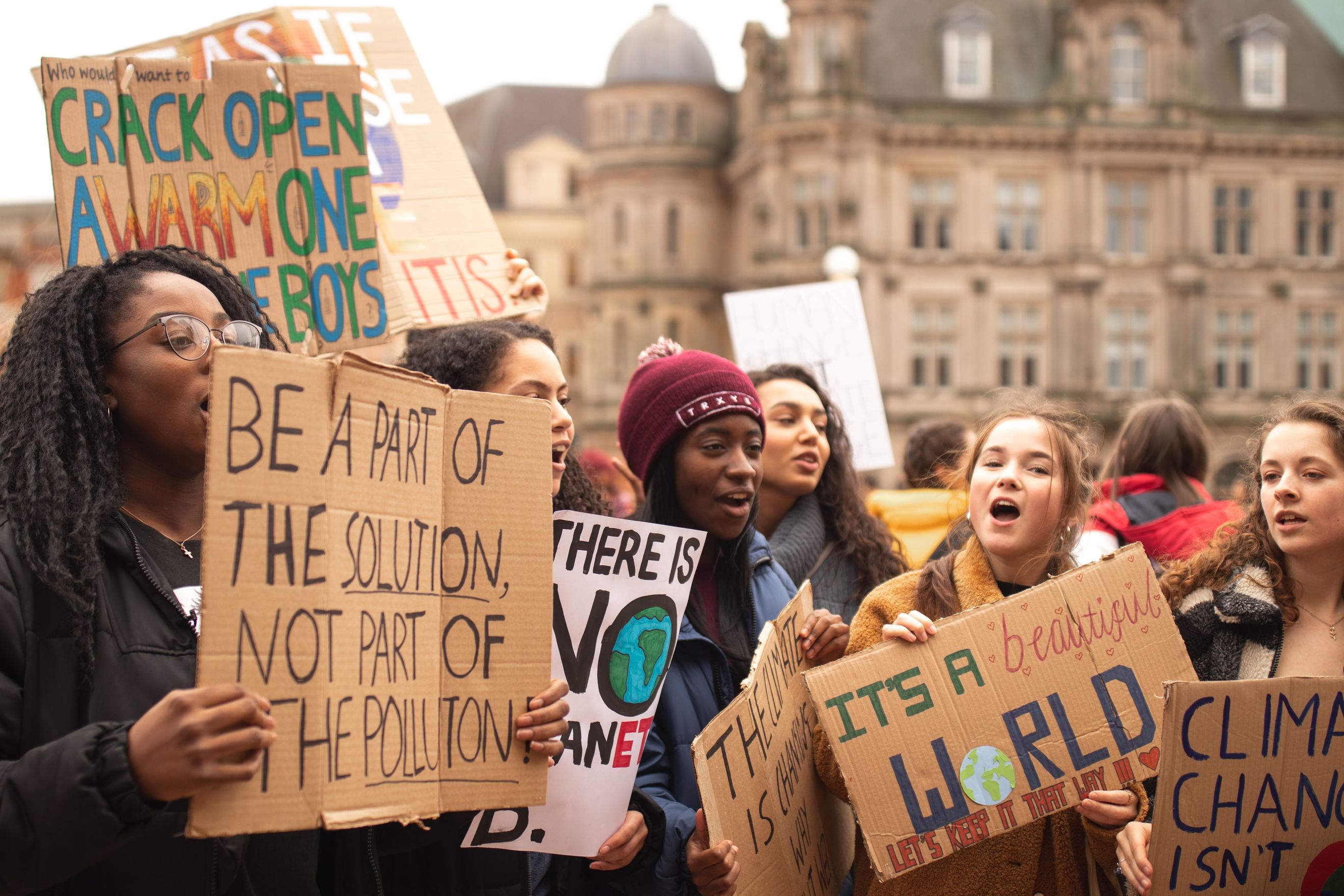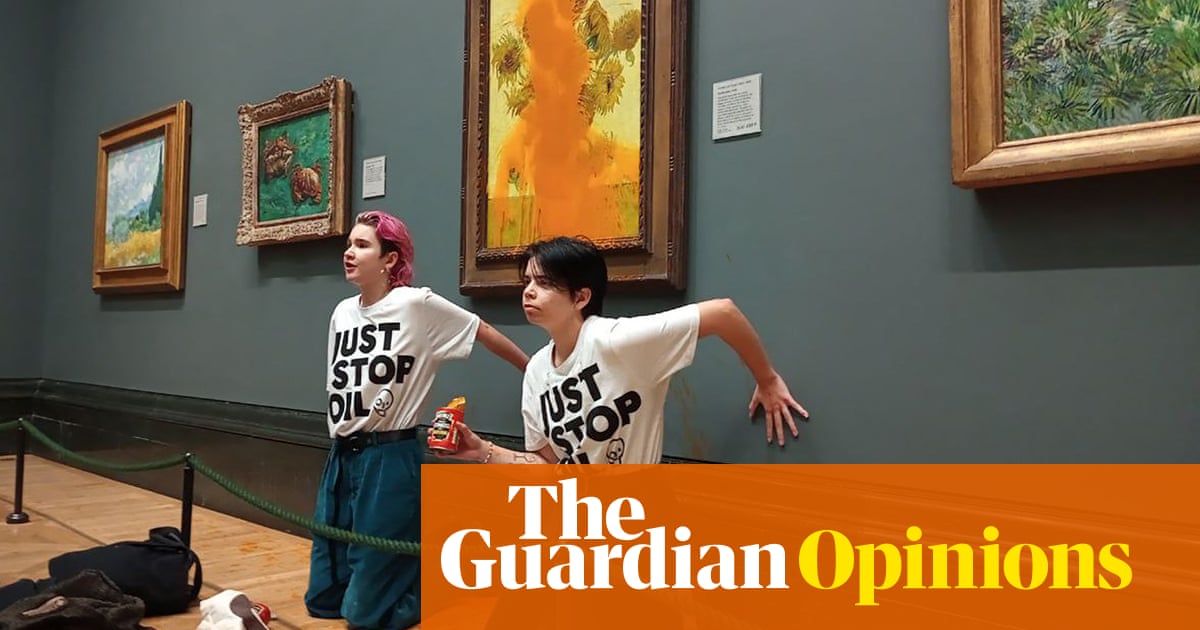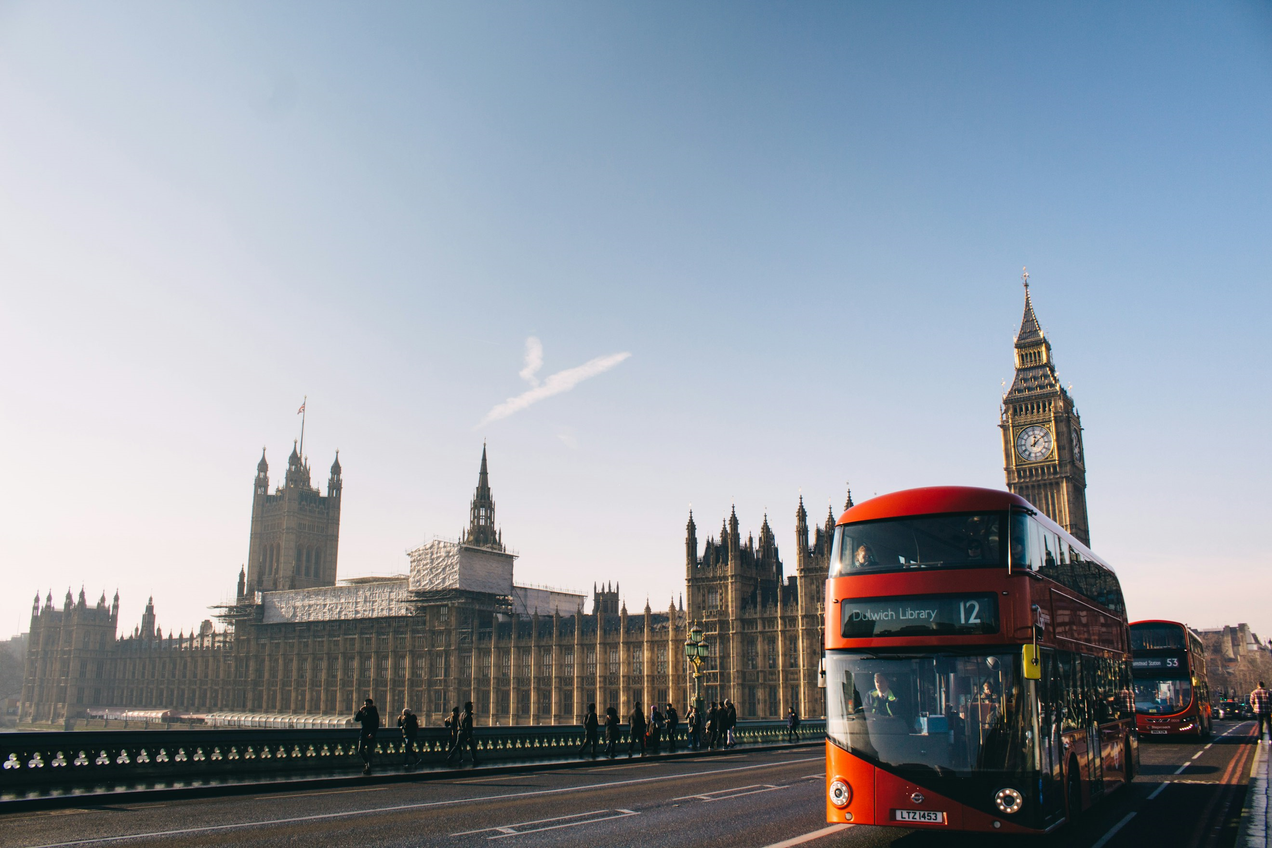
Event: Confronting Climate Crisis - Where is the New Normal?
Green House will host journalist Zoe Williams, climate scientist Kevin Anderson and Profressor Rupert Read at this central London event on the evening of Wednesday 23rd November.
Does this new situation offer a moment of confluence and the chance of for a major transformative re-set?
Weds 23th Nov 2022 – 5.30 – 7.15pm
Committee Room G, House of Lords, London
This event was organised by Green House Think Tank will focus on the new potentialities for climate activism which may have been created by Extinction Rebellion (XR) and the school strikes. This comes in the context of the COVID-19 pandemic experience and the cost-of-living crisis triggered by the war in Ukraine. It asked whether this situation offers an unprecedented moment of confluence and the chance for a major transformative re-set.
Speakers:
- Rupert Read, activist and author of Why Climate Breakdown Matters
- John Foster, former Chair of Green House and author of Realism and the Climate Crisis
Discussants:
- Kevin Anderson, climate scientist, author and activist
- Molly Scott-Cato, Green Party former MEP and Green House Advisory Group member
Event Chair:
- Zoe Williams, Guardian columnist
Presentations and discussion were initially foreground the idea of the ‘moderate flank’ – the notion that the activities of XR and the school climate strikers, while failing to mobilise enough of the civil population to force radical action on government, have shifted the terrain of debate, the so-called ‘Overton window’. They have arguably brought assumptions into the mainstream which would have been unacceptably radical only a few years ago: that there really is a climate emergency, that the science really is unchallengeable except by vested interests, and that net zero really must be on the policy agenda for some not impossibly future date. From this, if true, it would follow that individuals and institutions comfortable only with comparatively mainstream forms of action could now remain within their comfort zones while genuinely engaging with the climate crisis. It might also be that these forms of action could have significantly more leverage than previously. This would mean in turn that we could at last envisage a diverse mainstream, and perhaps even a mass, movement of climate action.
But is it true? Has the window shifted enough to provide an escape hatch from consumerist habits driving chronic emergency? And do the pandemic experience and the cost-of-living crisis make such hopes more or less plausible? The event will probed these claims, expectations, questions and possibilities.




